Michelle Salyers, Ph.D., Professor of Psychology at the IUPUI School of Science, has been awarded the 2019 Distinguished Alumni Award. She earned her M.S. in 1996 and her Ph.D. in 1998, both in Clinical Rehabilitation Psychology from the IUPUI School of Science. After completing a predoctoral internship and postdoctoral research fellowship at Dartmouth Medical School, Dr. Salyers returned to a career as a faculty member and researcher at IUPUI. Due to Dr. Salyer’s fall 2019 sabbatical and the COVID-19 pandemic, she is receiving the 2019 award in 2021.
One of the most satisfying parts of her career has been mentoring students. People often refer to a career path like a winding river, but Dr. Salyers prefers to tell her students it is more like a tree with many branches. The branches are interconnected, and you think you are going down a certain branch when making a decision, but then it connects to a different branch, then another, and then another.
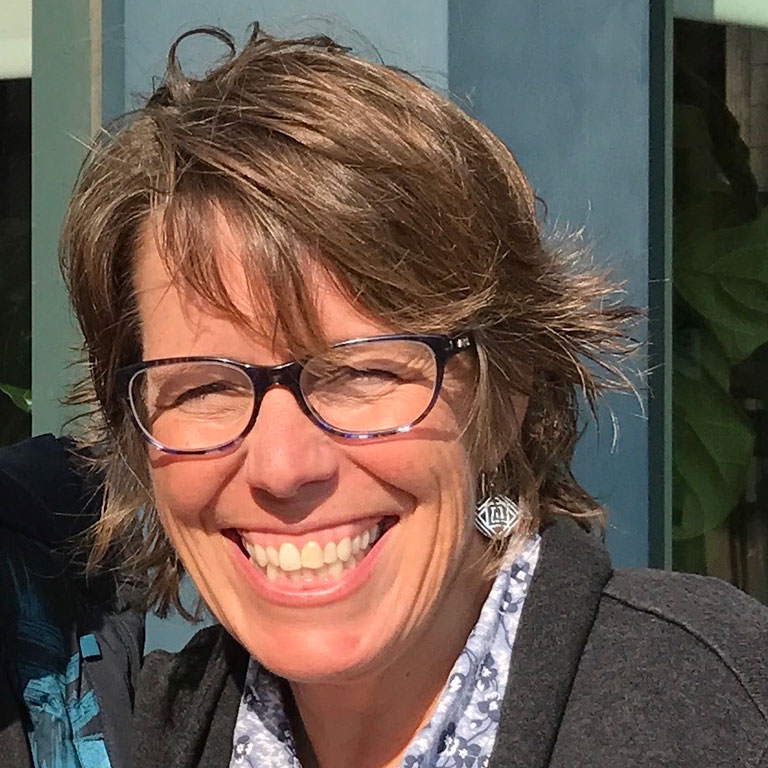
Go with what your heart says and see where it leads you. Following what feels right for you is important.”
Michelle Salyers, Ph.D.
“Don’t get caught up in making the ‘right’ decision,” she said. “If your heart and your head are telling you different things, and you are struggling over a decision, I would go with what your heart says and see where it leads you. Following what feels right for you is important.”
Dr. Salyers speaks from experience. She began her journey as an undergraduate major in engineering at Purdue University. It was during her practicum with a transmissions manufacturing firm that she decided engineering was not the right fit for her. When she met with her advisor after that experience, he asked about her favorite classes. She absolutely loved abnormal psychology, and made the decision to switch to a psychology major.
Then in her senior year, one of her friends was in a serious motorcycle accident and was paralyzed. In watching his recovery, she learned about rehabilitation psychology, specifically the program at IUPUI. “I thought it was so interesting to help people get their life back after something bad happened to them.” And so her career branched in a different direction, and she came to IUPUI with a plan to study rehabilitation psychology. “Once I was in the program, I felt like I was in the right place, even though I hadn’t consciously planned it all along,” Dr. Salyers said.
She was hired as a graduate student assistant by Gary Bond, Ph.D., who ended up serving as her mentor. He had grant funding in the area of severe mental illness, and when she was working with him, her brother was diagnosed with schizophrenia. Her career would begin to branch in another direction.
“I felt like I was in the right place to learn in the field, but also as a support person for my family.”
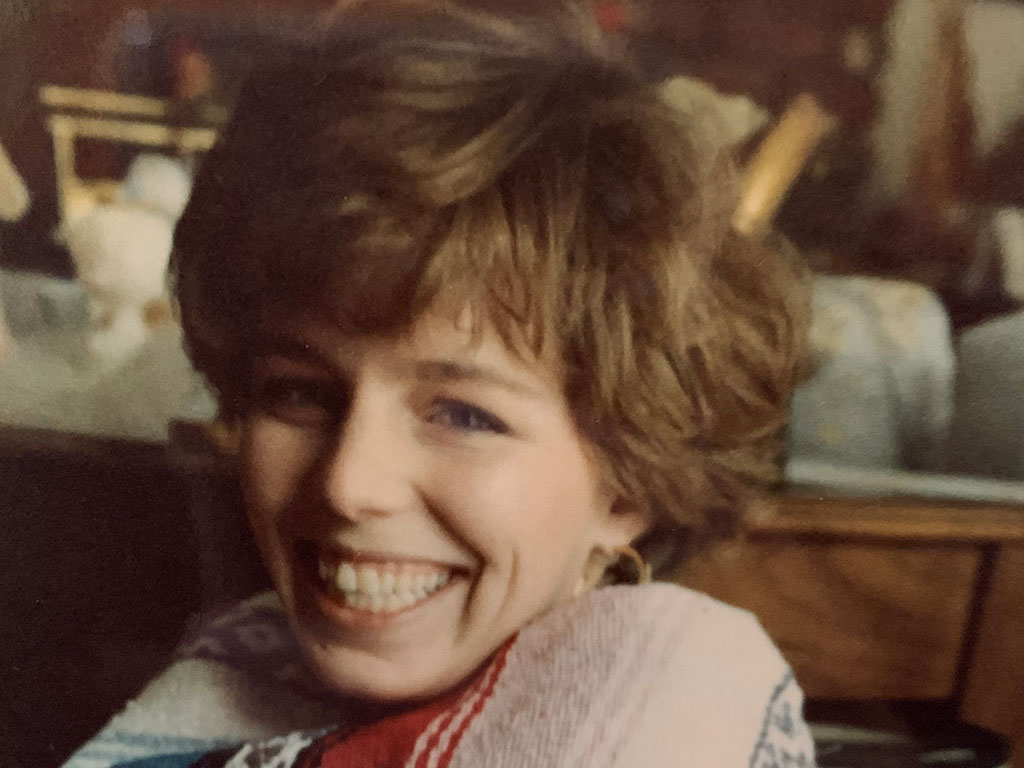
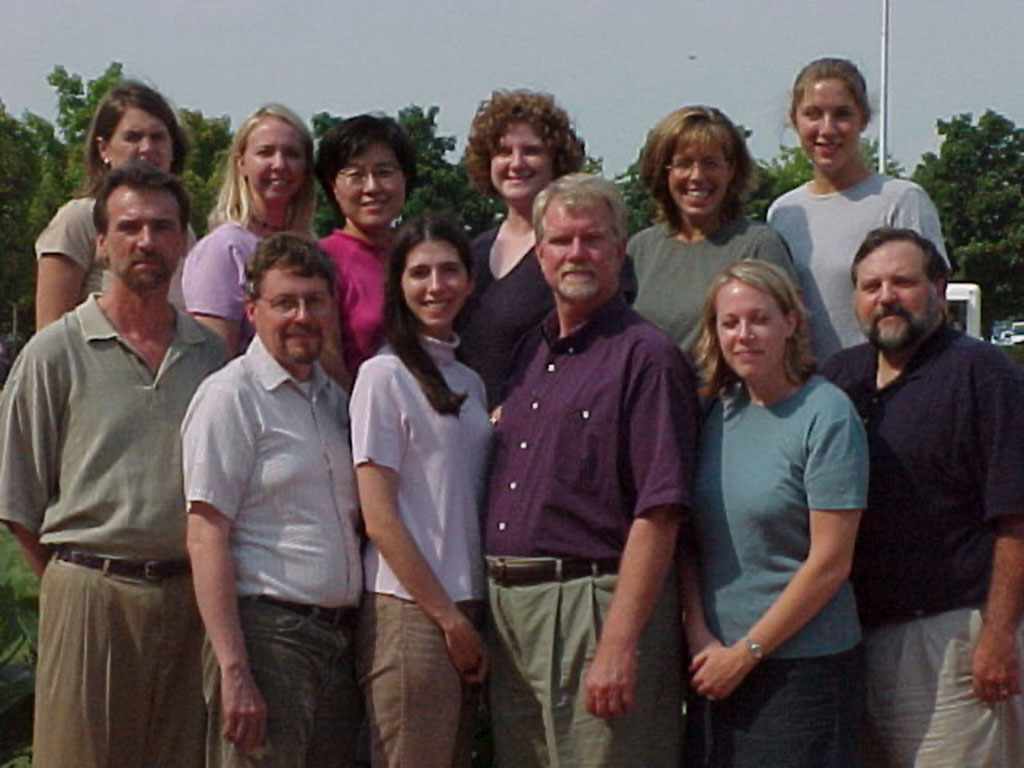
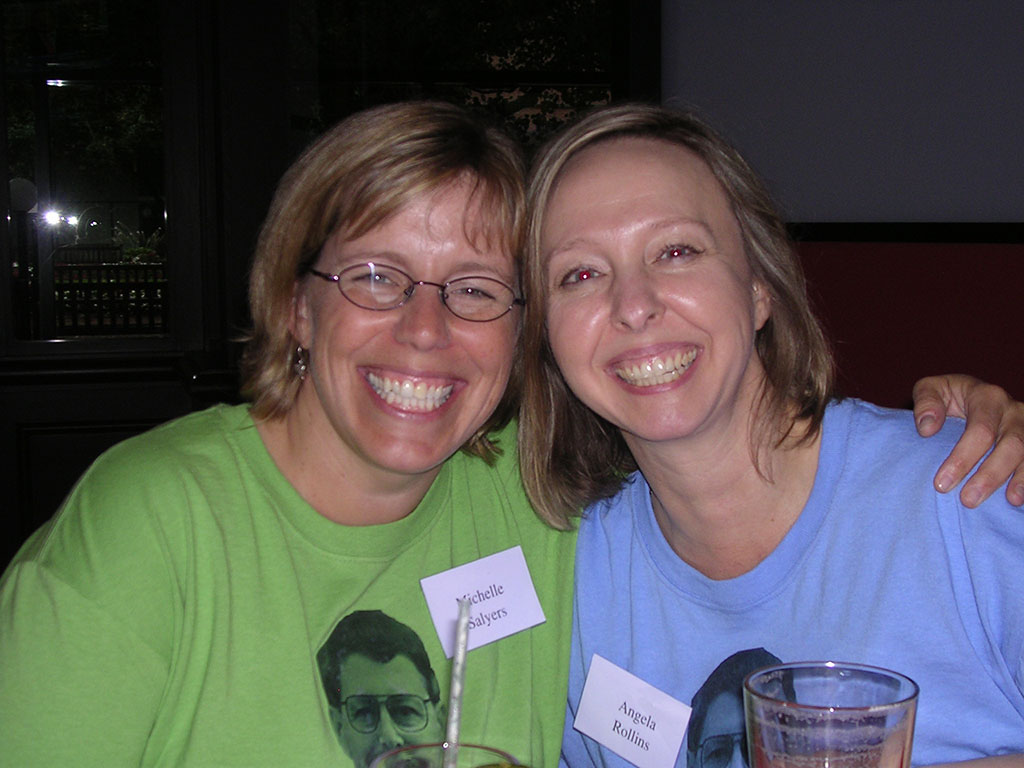
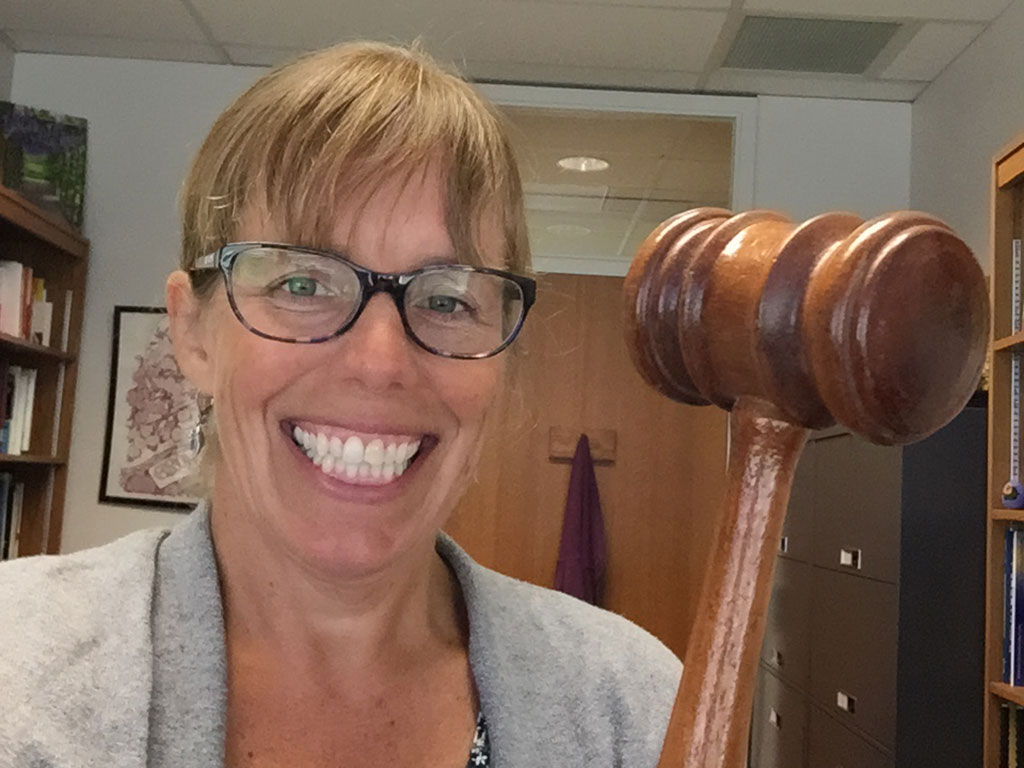
After earning her doctoral degree at IUPUI, Dr. Salyers went on to complete an internship and post-doc at Dartmouth Medical School. But when Dr. Bond received additional grant funding, he reached out to see if she would return to IUPUI as a project manager. Dr. Salyers, originally from Anderson, Indiana, jumped at the chance to be closer to her family.
Her research with Dr. Bond focused on supporting people in the community with severe mental illness. Since those early days, she has also researched, published, and presented on staff burnout for providers who work with patients with severe mental illness, as well as staff burnout and wellness at work for clinicians, nurses, librarians, and others. She has served IUPUI and the Indianapolis community in a variety of capacities - from Assistant Scientist in the Department of Psychology at IUPUI, to the Acting Co-Director of the Center of Excellence on Implementing Evidence-based Practice at Roudebush Veterans Association Medical Center, from Co-Director of the ACT Center of Indiana, to the Director of Clinical Psychology at IUPUI School of Science.
Her work has also taken her around the world. She has consulted with and presented to groups in a variety of places including Japan, the Netherlands, Israel, and Kenya on her work on management of severe mental illness and community treatment options. Sharing her expertise and seeing the results is a point of pride for Dr. Salyers. After working with a group in Japan, one of the clinicians reached out to let her know that they had changed their services based on her work with their team. It was an impactful change for the clients.
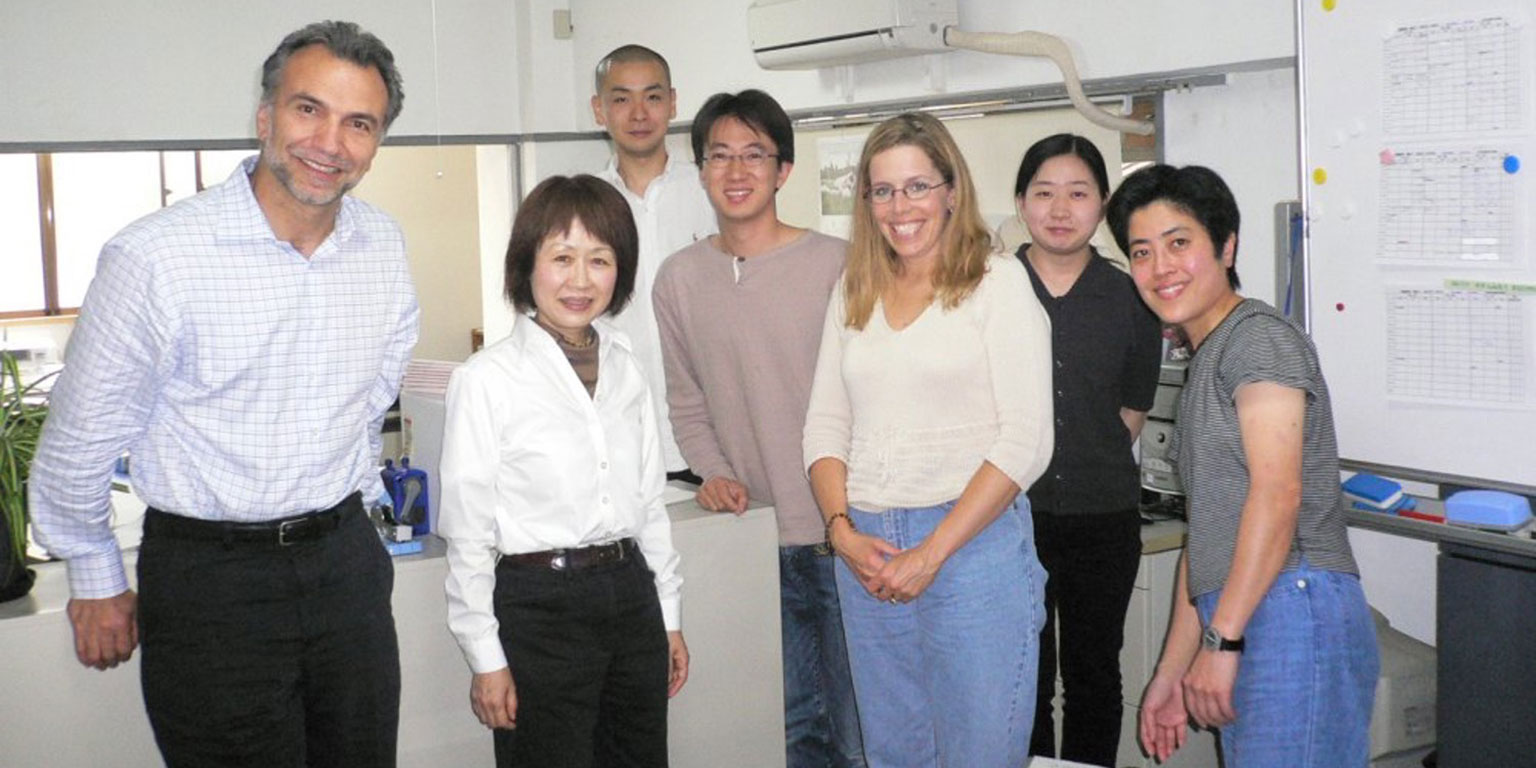
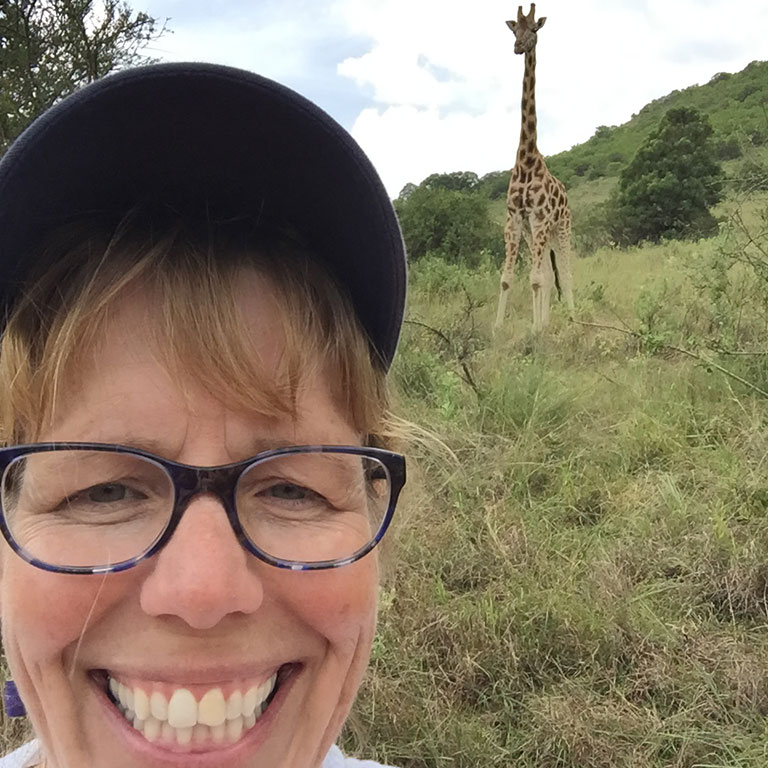
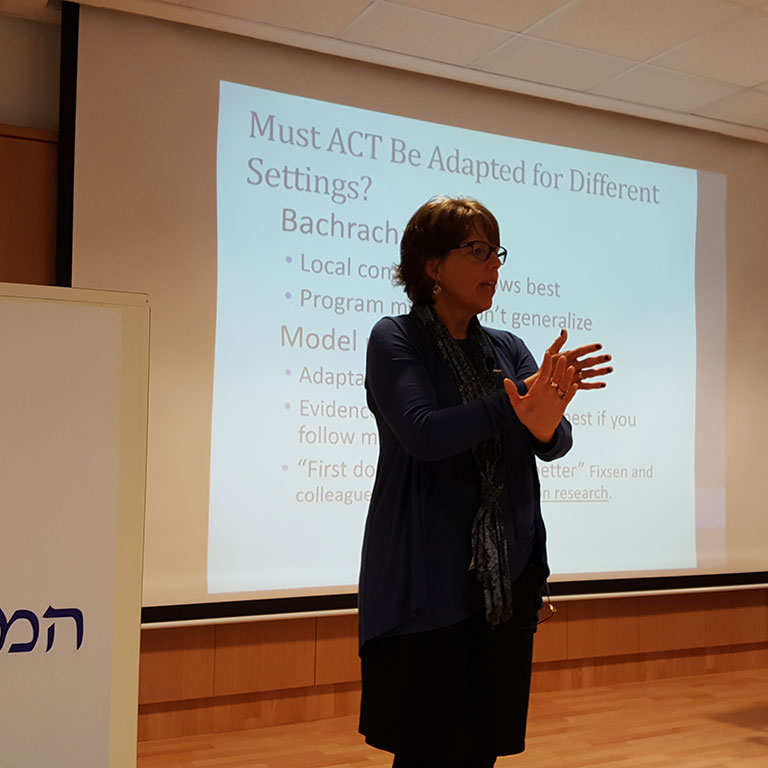
Around the world. Clockwise from top: with the ACT team in Japan; giving a talk in Israel; giraffe encounters in Kenya.
“It was one of those moments where you think, wow, what we’re doing is really helping people,” Dr. Salyers said. “As a researcher, you often publish papers, but don’t really know who is reading them and if they are having an impact. But when people come back and tell you that they used your research and it helped people, it is exciting.”